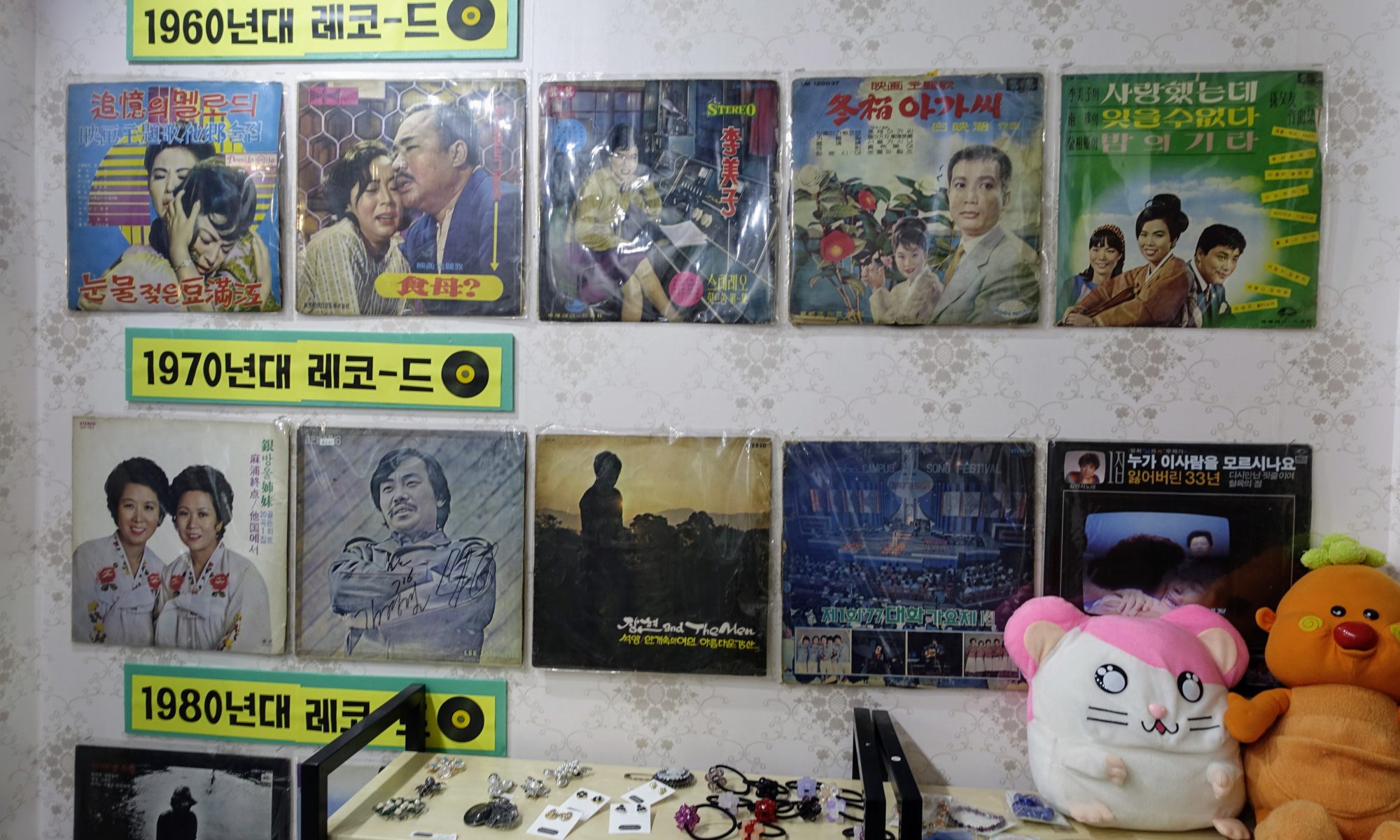f(x)’s androgynous rapper/singer Amber Liu has a new mixtape, and it’s a doozy.
Opening Closed Doors
The mixtape starts with Get Over It, a jab at the music industry that’s also a plea for freedom of expression, to the point that Amber whips a paper bag off her head. Closed Doors is the first of four love songs, all ungendered (pronouns are “you,” “me,” “we”), and the refrain is “Nobody has to know what’s behind these closed doors.” On Right Now, Amber duets with a male singer (her vocal coach), and an actress plays his love interest, rather than Amber herself. Lifeline features a moving pas de deux featuring two men. For the Three Million Years video, Amber wears a rainbow peace sign pin in the video.
In a Billboard interview about the mixtape, Jeff Benjamin does all he can to get Amber to bite on the obvious question. He asks what “Closed Doors” is about, and Amber says it’s about respecting her privacy. He asks if there were any rumors that got to her, and she deflects it by saying she didn’t like it when the press reported her family was rich. He asks a couple of questions about her love life, and she gives meticulously ungendered answers. He even implies that one lovesong might be about her and a bandmate. She talks a lot about LGBTQ representation and is very supportive throughout the interview. Some of her best friends are gay.
Now, Amber Liu’s orientation, and her public discussion of it, are her business. I have no idea whether she’s actually queer or not. Maybe she’s straight but feels that’s not anyone’s business either. Who knows? But it sure feels like Amber is pounding on the closet doors from the inside.
It would be a huge deal to have a kpop star as big as Amber come out as gay or bi. For now, though, enjoy the music, the ambiguity, and Amber’s strong statements in support of the LGBTQ community.


